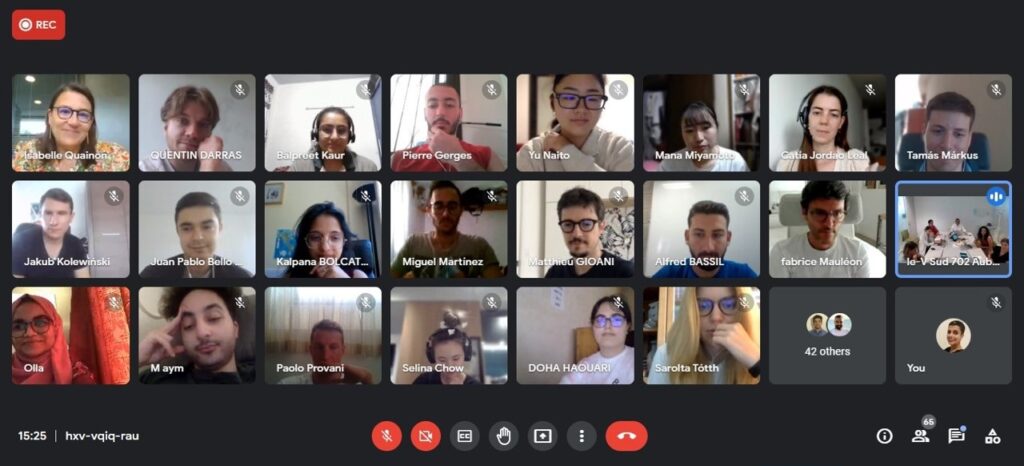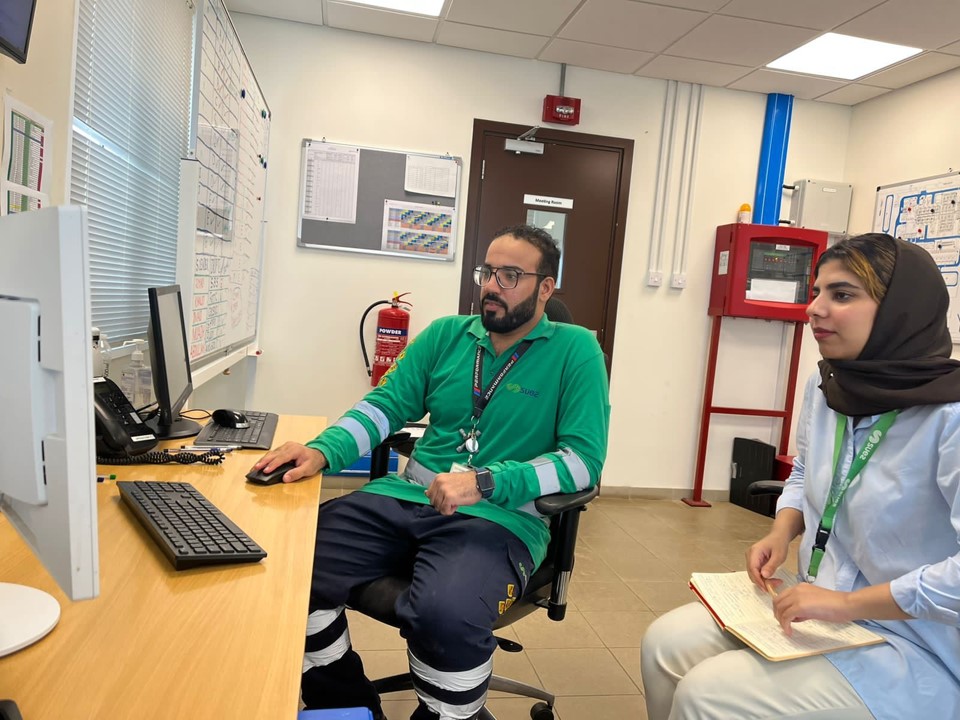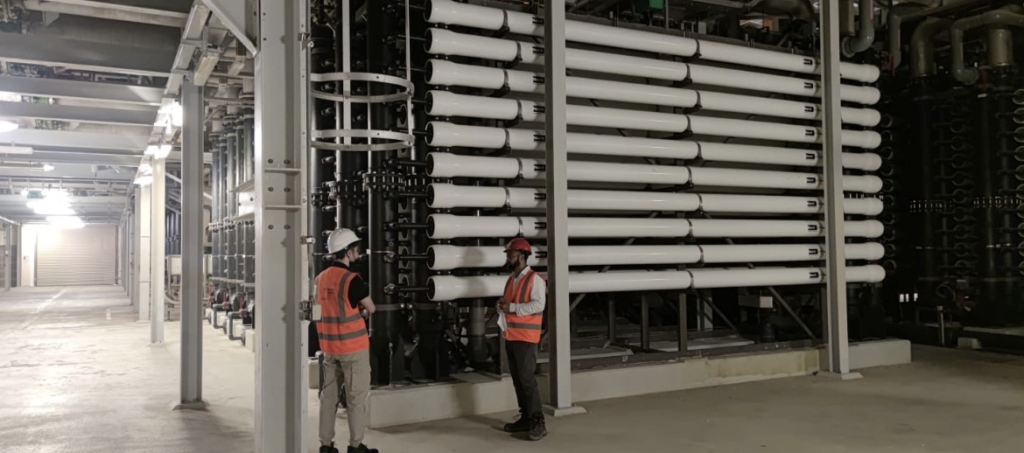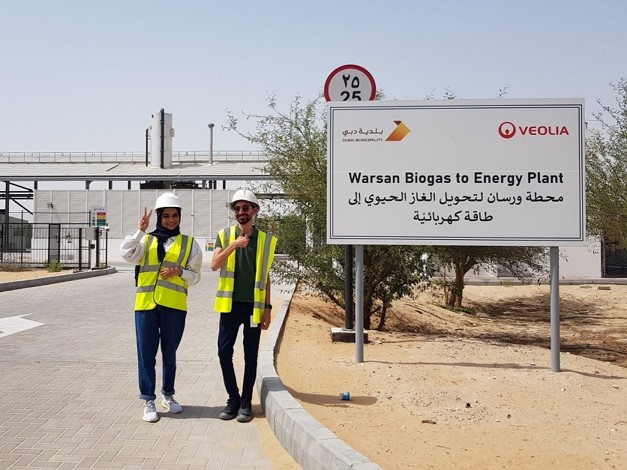Dubai, United Arab Emirates, 5 September, 2022: Veolia, the global benchmark for ecological transformation offering game-changing solutions for water, waste and energy management, hosted a diverse cohort including 10 students from the Near and Middle East (N&ME) for a week of immersion at the heart of the global Veolia Summer School.

The students, who come from the United Arab Emirates, Saudi Arabia, Oman, Qatar, Jordan, Turkey and Lebanon, shared the coveted global programme with 58 other students from 25 countries. During the digital one-week summer programme, the students took on the task of ecological transformation by solving environmental challenges with the support of Veolia experts.
The students from N&ME comprised the largest and most diverse group in this year’s global programme, accounting for 15% of the total number of global students, 22% of the countries and 21% of the nationalities represented in the programme, and 18% of the total number of universities that participated in the annual project.


Eight of the 10 students from N&ME this year were new to Veolia, while 7 of them were from engineering disciplines – making for a memorable week of creativity, knowledge sharing and commitment to better understand the challenges of ecological transformation, explore the solutions of tomorrow, and create a truly global professional network.
Since 2010, the Veolia Summer School has been a 5-day engineering bootcamp for final year students of engineering or environmental degrees, where they work on a live case study assigned by technical and business leaders in the world’s largest environmental services company. Since 2020, Veolia Summer School has been an entirely virtual project, where students work with their group to solve a real-life challenge. At the end of the week, they present their solutions to a jury of assessors, who are global technical and commercial leaders within Veolia.
The programme combined visits to Veolia sites, small group discussions, plenary sessions, multicultural group work based on design thinking applied on real business cases, and inspiring meetings with Veolia experts from across the five continents.
In the N&ME, the highlight of the programme was that during a single week in June, every student visited a Veolia site in their country for a guided tour led by a technical manager or team, after a full safety induction.
This included a municipal biogas-to-energy plant which is the first of its kind in the UAE; an industrial waste-to-energy facility which generates energy from the industrial waste of a zone in the world’s largest petrochemical complex in Saudi Arabia; the largest seawater reverse osmosis desalination plant in Oman which produces 20% of the country’s potable water; and the largest wastewater treatment plant in Jordan.
The visits covered several project types and stages, including PPPs, old and new, municipal, industrial, as well as one in pre-commissioning, and even one in temporary shutdown.
Mohammed Al Turki, a Saudi national and mechanical engineering student from Dhahran, was delighted with the outcome of the 2022 Veolia Summer School as he was offered a direct placement in the company at the end of the programme. “I am deeply grateful to Veolia for this opportunity that follows an enlightening experience across five intense days. It was an exciting journey to tackle the challenge of the ecological issues of our time with Veolia’s experts,” he said.
Taghreed Khalid, an Omani environmental engineering student based in Muscat, commented on her experience at the Summer School: “As a young environmental engineer about to embark on a professional career, the program provided me with valuable insight into Veolia’s environmental services across the water, waste and energy sectors. Along with learning about the company’s efforts to promote ecological transformation, working with people from around the world with various industrial backgrounds further enriched the experience.”
The N&ME was the only business region within the programme to pursue a direct-sourcing talent acquisition strategy, which proved immensely successful as the number of graduates from the region doubled compared to the previous year, and marked a 25% increase over the total of the past eight years combined.








